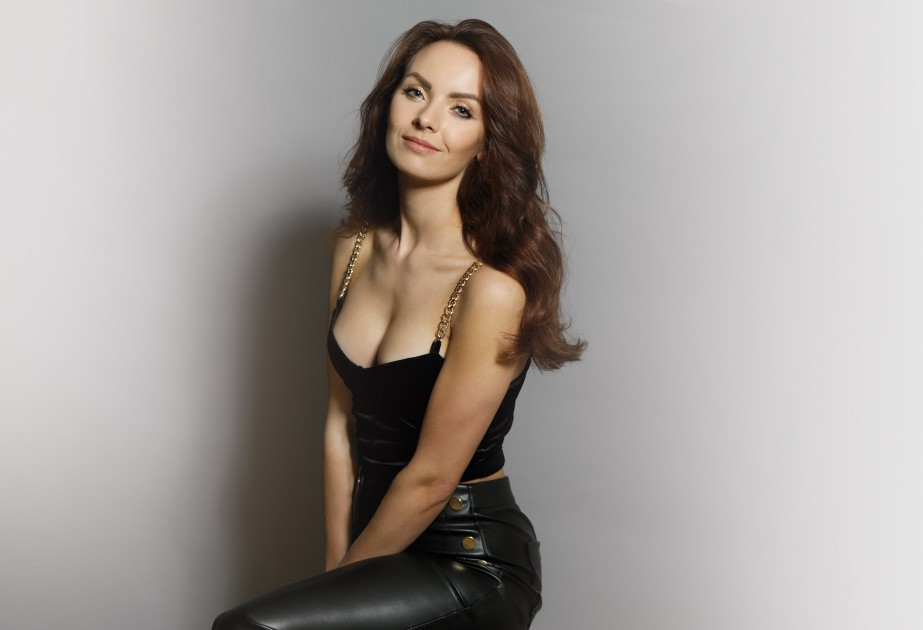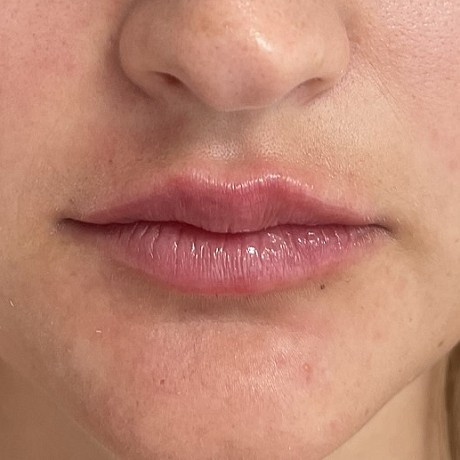How to look young with corrective dermatologist Sabina Sellner

In today's aesthetic medicine, the trend is to look youthful, fresh and natural without any obvious changes to the appearance. The goal is to preserve individual features and facial expressions while the skin remains healthy and radiant. Aging is a very individual process for which nature is not always fair. Just as some people begin to show signs of aging at the relatively young age of around 25, others begin to experience them much later and can look great well into their 40s. The aging process cannot be stopped. However, there are a number of effective methods that can slow down the process.
You can also listen tothe interview with Sabina Sellner, MD, PhD. from the recording of ČRo Dvojka.
What happens during aging and why does facial expression change?
As we age, collagen and elastin naturally decrease. The skin becomes less firm and elastic. The aging process also takes place in the subcutaneous tissue, with muscles atrophying, ligaments loosening, and even bone structure changing. Thus, over the course of life, the facial features change and the face gradually begins to lose its original shape. For some people, the first things that become apparent are nasolabial folds, drooping mouth corners or so-called marionette lines, which are wrinkles stretching down from the corners of the mouth. Others may have more wrinkles around the eyes or on the forehead, while others show signs of aging more on the neck or the backs of the hands. These individual differences are partly influenced by genetics.
What role does genetics play?
Genetics does play a big role and it is difficult to generalise. I would estimate that genetics plays about 70% in aging. The remaining percentages are influenced by lifestyle, hormonal changes and other factors. I often see clients who don't want to admit their aesthetic procedure to others. Instead, they say it's all due to genetics, that they inherited their youthful appearance from their grandmother, for example. Of course, lifestyle and skin care practices also play a role, and these are often passed down from generation to generation and therefore also influence how our skin ages.
Sun exposure and premature ageing
As a dermatologist, I must stress that sun exposure has a huge impact on the aging of our skin. Therefore, photoprotection is important and sun protection should be an integral part of our lives from early age to late old age. We need to protect our skin with UV filter creams. Mechanical protection such as caps, hats or scarves have been shown to be the most effective against photoaging and skin tumour formation. Excessive stress, lack of sleep and other lifestyle factors also affect how we look.
Isn't hyaluronic acid overrated?
It is fascinating how hyaluronic acid can retain water. It is capable of binding up to a thousand times its weight in water, which is truly an amazing miracle. In other words, one gram of hyaluronic acid can bind up to one kilogram of water. This mechanism is responsible for moisturizing the skin, not only on the face but anywhere else on the body. Of course, we are most interested in the application of hyaluronic acid to the face. Superficial application using a cream or serum is effective, but injection into the deeper layers of the skin is even more effective. Here, hyaluronic acid provides more intense hydration. An effective and minimally invasive method of application is mesotherapy, where hyaluronic acid is injected subcutaneously and where it spreads and hydrates beautifully.


Can collagen supplements help?
There are a number of treatments that can help slow the aging process and influence genetic predispositions. Dietary supplements containing collagen are one of these practices. Studies have shown that taking collagen can actually improve skin hydration and firmness. Another important component is, as mentioned, lifestyle. How we take care of our bodies, including our facial skin. This includes daily routines like cleansing and applying creams or serums that suit our skin type, or just good quality supplements.

Are you thinking about having a procedure at our clinic?
Make an appointment for a no-obligation consultation with an experienced doctor.